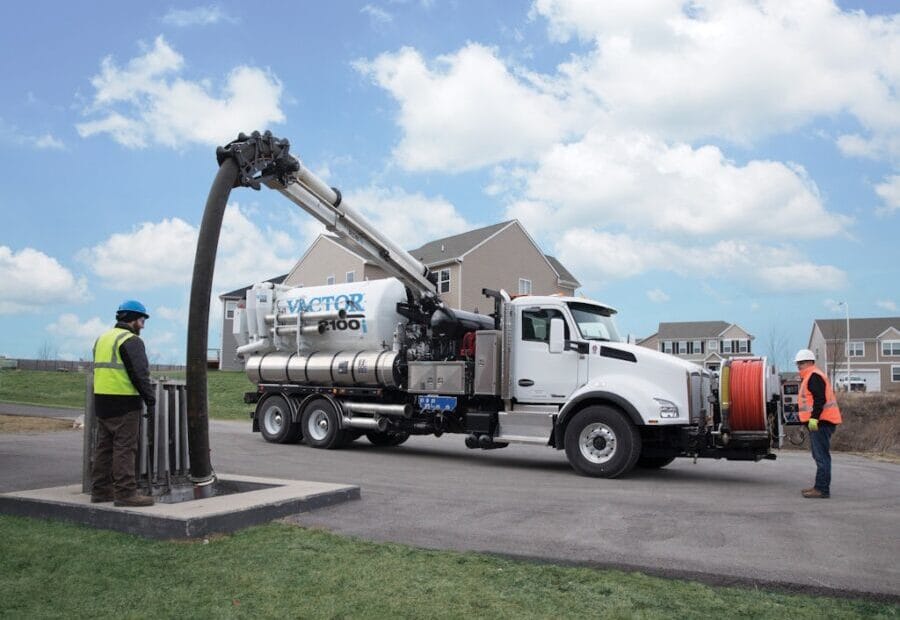Sewer cleaning is an often-overlooked aspect of city maintenance, yet it plays a crucial role in ensuring clean water, public health, and functioning infrastructure.
From preventing overflows to avoiding costly repairs, proper sewer maintenance can save cities and homeowners thousands of dollars each year.
In this article, we’ll explore what sewer cleaning involves, why it’s necessary, and the best practices to keep systems running efficiently.
What Is Sewer Cleaning?
Sewer cleaning is the process of removing blockages, debris, and buildup from sewage pipes to maintain proper flow and prevent backups.
It can involve various methods, such as high-pressure water jetting, mechanical rodding, and video inspections. This cleaning is essential not only for public sewers maintained by municipalities but also for private lines connected to homes and businesses.
Why Sewer Cleaning Is So Important
Failing to clean sewers regularly can result in:
Failing to clean sewers regularly can result in:
Blockages and Backups: Accumulated debris like grease, roots, and solid waste can clog pipes.
Sewage Overflows: Blockages can cause raw sewage to back up into homes or flow into public areas and water bodies.
Structural Damage: Corroded or damaged pipes can collapse, causing costly repairs or environmental damage.
Public Health Risks: Contaminated water and exposure to raw sewage can spread diseases.
Cities around the world are now investing more in proactive sewer cleaning to avoid emergencies and reduce environmental impact.
Top Methods of Sewer Cleaning
There are several modern and efficient techniques used in sewer cleaning today:
- Hydro Jetting
This method uses high-pressure water to blast away debris, grease, and mineral deposits from inside the pipes. It’s highly effective and non-invasive, making it ideal for both municipal and residential sewer lines. - Mechanical Rodding
- Using a flexible rod with a cutting tool at the end, this method breaks up blockages, especially tree roots and solid obstructions. It’s useful when hydro jetting isn’t powerful enough for tougher clogs.
- Video Pipe Inspection
Before or after cleaning, a video camera can be sent through the pipes to assess the condition, find blockages, and identify cracks or leaks. This allows for more targeted and effective cleaning. - Vacuum Truck Cleaning
Vacuum trucks remove debris from large sewer systems. They are essential in industrial or municipal operations where massive waste volumes accumulate.
When Should You Schedule Sewer
Cleaning?
For homeowners, sewer lines should typically be cleaned every 18 to 24 months as a preventive measure. However, if you notice signs like slow drainage, foul odors, or repeated backups, it’s best to call a professional immediately.
Municipalities often follow a strict sewer maintenance schedule, especially in high-use or flood-prone areas.
Consistent maintenance helps avoid large-scale system failures and ensures compliance with environmental regulations.
Environmental Impact and Sewer Cleaning
Regular sewer cleaning isn’t just about function—it’s also vital for the environment.
Overflowing sewers can leak contaminants into rivers, lakes, and coastal waters, harming ecosystems and drinking water sources. Cleaning reduces these risks and supports urban sustainability efforts.
Additionally, sewer systems often carry stormwater. Keeping them clear helps manage heavy rains and prevents urban flooding, which is becoming increasingly common with climate change.
DIY vs. Professional Sewer Cleaning
Hiring a licensed plumber or sewer cleaning company ensures the job is done safely and thoroughly, often with guarantees or warranties on service.
Conclusion
Keeping your sewer system clean is more than just maintenance—it’s a long-term investment in your property and your community. So don’t wait for the next backup. Schedule your sewer cleaning today and keep your system flowing smoothly.
